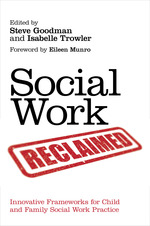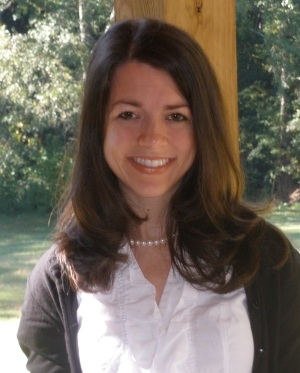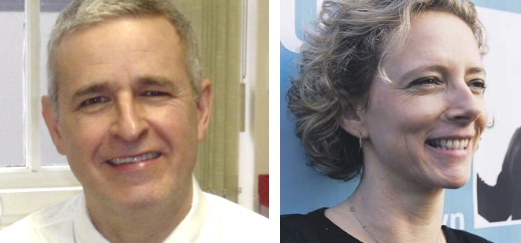The rebirth of Ritual Theatre as a potent healing force – An Interview with Claire Schrader
“…the book is about how ritual theatre can be expressed in a contemporary way that fits in with the way our lives are. People are hungering for this because the technological age is making us more and more disconnected, more in our heads and this is producing tremendous suffering under the labels of stress, fatigue and health problems. Ritual theatre along with the Arts Therapies counteract this. So the book includes ways in which ritual theatre is being brought into hospitals, institutions and work with marginal groups as well as to the general public.”









